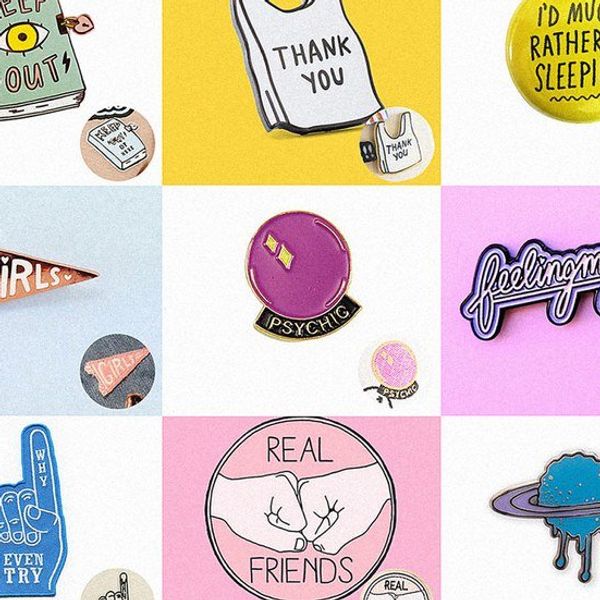This morning, I read a blog post/opinion piece spotlighting Forever 21. I’ll admit that I’m not above reading (and writing about) fashion blogs and following trends, but the headline intrigued me: Why We Can't Stay Forever 21. I thought it might be about aging fashionably, or transitioning from the carefree styles of the early twenties to a more professional look, but it was actually wildly different. The author, Kristin Schulz, exposed Forever 21 for using “modern slave labor” in order to keep their prices low and their products plentiful. I’m a human being with a conscience; this shocked me. I didn’t realize that by buying Forever 21’s products, I was encouraging modern slavery.
In case you didn’t know, modern slavery in this case is wage slavery, where factory workers domestically and internationally are paid pittances below minimum wage or a decent living wage. In the article I read, a LA factory worker for Forever 21 reported earning 12 cents per vest she made, meaning that it would take 67 vests per hour to make a $8 minimum wage. Another form is forced child labor in Uzbekistan. As a consumer, ethical consumption becomes even more difficult when faced with the problem of slavery in supply chains. This means that slave labor is used in one or more steps of making and supplying a product to consumers, from the harvesting of raw materials to assembly to shipping.
However, in order to solve the problem of wage slavery, we have to examine its roots. In other words, why is this viewed as an acceptable practice? Since when is a low standard of living for workers a decent tradeoff for high profit margins? It may seem that a person or company with interest is looking at their business and saying, “What can I get away with?” In the case of Forever 21, this certainly seems true. The company has faced over 50 lawsuits for stealing the work of designers, both large and small, and seems to have even built lawsuits into its business model. Legal expert Susan Scafidi told Jezebel that "I realized that they've been caught so many times, they've been publicly exposed so many times, they've even been sued — although many fewer times, because all they do is settle — and the light bulb went off: This is just part of their business strategy. They go ahead and they take what they want, and when they get caught, they pay up. It's probably cheaper than licensing it in the first place.” Being unethical is actually built into their budget because it’s cheaper to steal designs and pay a settlement to the designer than hire their own designers. I’m sure this is just the tip of the yikes-berg.
It also can’t be ignored that a large part of the race to the lowest price tag is because of consumer demand. If everyone was willing to pay a higher price for a product that was made fairly, then companies would be able to fulfill demand without using slave labor or unethical practices—not that they wouldn’t still use those practices, only that they could supply enough product to fill the demand without it. The bottom line here is that no one’s hands are clean—not consumers, and definitely not companies. However, many companies have signed a pledge against using slave labor, and you can see the full list here. One thing that you can do as a consumer is buy from companies that have signed this pledge (ranging from Target, Walmart, and Costco to Alexander McQueen and Stella McCartney). This doesn’t solve the problem but may be a good step in the right direction.
So perhaps, like the author of “Why We Can’t Stay Forever 21” suggested, we should turn to thrift shopping and secondhand stores as a way to get our inexpensive fast fashion finds (although garments have to be produced by somebody, and more often than not, they’re produced by companies like Forever 21, and some Goodwill stores pay their disabled workers sometimes less than 23 cents an hour). Alternately, perhaps we can dismantle or completely overhaul the system that enables and encourages companies to use slave labor and unethical business practices. Who’s to say?





















